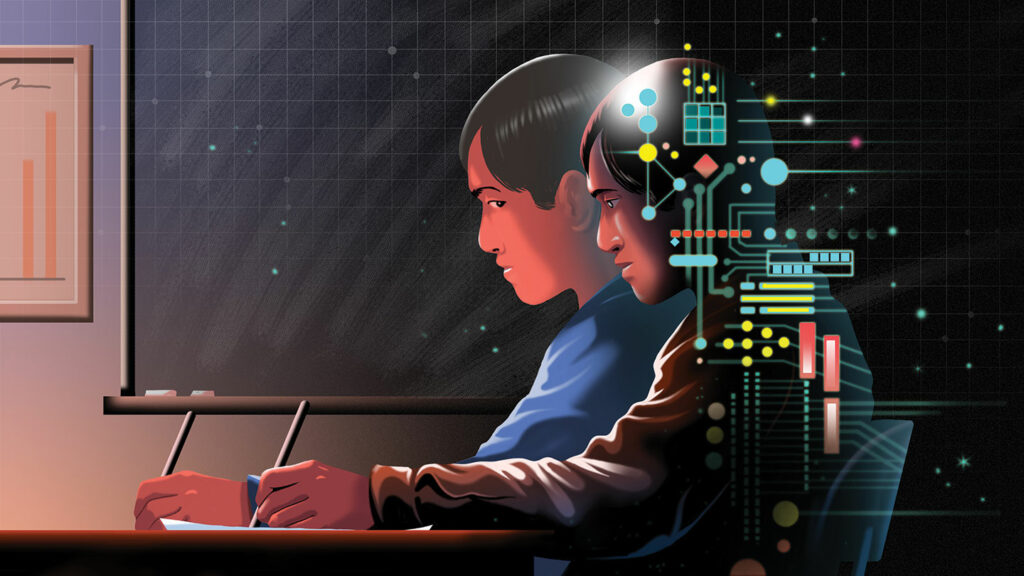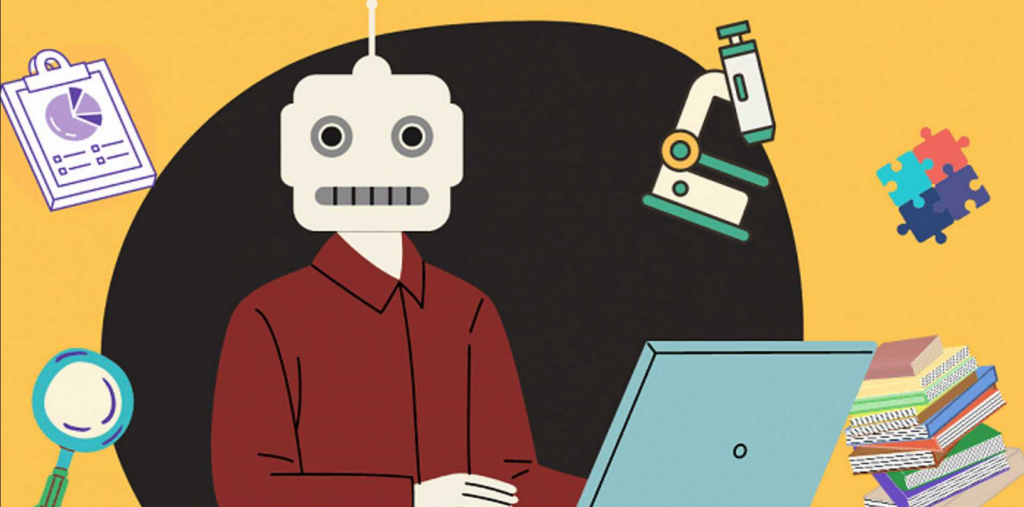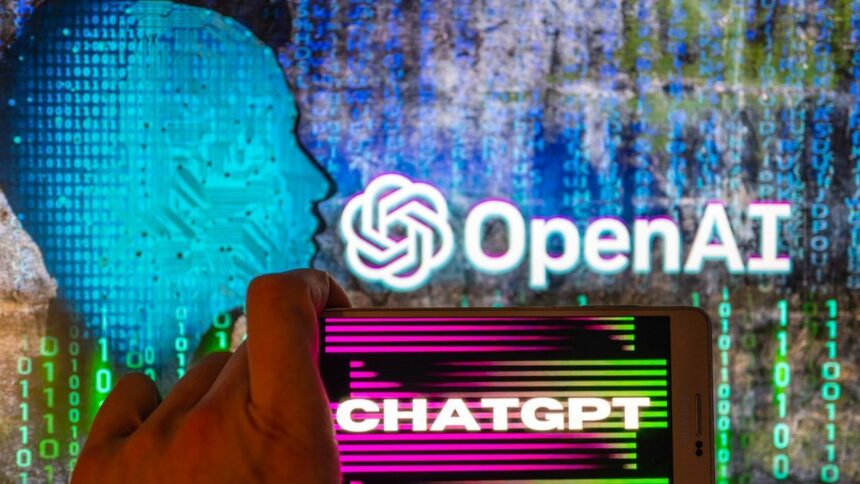A recent study has revealed a concerning correlation between the use of AI software like ChatGPT and negative academic outcomes such as decreased performance, memory issues, and heightened procrastination.
ChatGPT, an AI chatbot renowned for generating coherent responses to simple text prompts, has already gained popularity among university students. Research conducted last year suggests that up to 32% of students utilize ChatGPT every week.

The study unveiled a troubling pattern among university students who rely on ChatGPT for completing assignments. These students often fall into a detrimental cycle where they allocate insufficient time for task completion, leading them to depend heavily on ChatGPT. Over time, this reliance contributes to a decline in their ability to retain factual information.
Published in the International Journal of Educational Technology in Higher Education, the research involved interviews with 494 students, some of whom admitted to feeling “addicted” to using ChatGPT for their assignments. This addiction underscores the significant impact AI technologies can have on academic practices and student behaviours.
The researchers wrote: “Since ChatGPT can quickly respond to any questions asked by a user, students who excessively use ChatGPT may reduce their cognitive efforts to complete their academic tasks, resulting in poor memory. Over time, over-reliance on generative AI tools for academic tasks, instead of critical thinking and mental exertion, may damage memory retention, cognitive functioning, and critical thinking abilities.”
How did the study work?
The researchers conducted three surveys with students to determine which type of student is most inclined to utilize ChatGPT, as well as the consequences experienced by heavy users. Subsequently, the researchers posed inquiries regarding the effects of employing ChatGPT.
Mohammed Abbas, the study author, hailing from the National University of Computer and Emerging Sciences in Pakistan, conveyed to PsyPost.: “My interest in this topic stemmed from the growing prevalence of generative artificial intelligence in academia and its potential impact on students.

“For the last year, I observed an increasing, uncritical, reliance on generative AI tools among my students for various assignments and projects I assigned. This prompted me to delve deeper into understanding the underlying causes and consequences of its usage among them.”
What did the study find?
The study revealed that students who prioritized results were less inclined to depend on AI tools for task completion. Furthermore, the research indicated that students who leaned on ChatGPT were not reaping the full benefits of their education; instead, they experienced a loss in their ability to retain facts.
“Our findings suggested that excessive use of ChatGPT can have harmful effects on students’ personal and academic outcomes. Specifically, those students who frequently used ChatGPT were more likely to engage in procrastination than those who rarely used ChatGPT,” Abbas said.
“Similarly, students who frequently used ChatGPT also reported memory loss. In the same vein, students who frequently used ChatGPT for their academic tasks had a poor grade average.”

The researchers discovered that students experiencing pressure were more prone to resorting to ChatGPT. However, this pattern subsequently resulted in deteriorating academic performance, exacerbating procrastination, and causing additional memory loss.
What do the researchers say needs to be done?
The researchers recommend that academic institutions be aware that excessive workloads may compel students to resort to ChatGPT. Additionally, the researchers emphasized the importance of academics cautioning students about the adverse effects of utilizing the software.
“Higher education institutions should emphasise the importance of efficient time management and workload distribution while assigning academic tasks and deadlines,” they said.
“While ChatGPT may aid in managing heavy academic workloads under time constraints, students must be kept aware of the negative consequences of excessive ChatGPT usage.”








